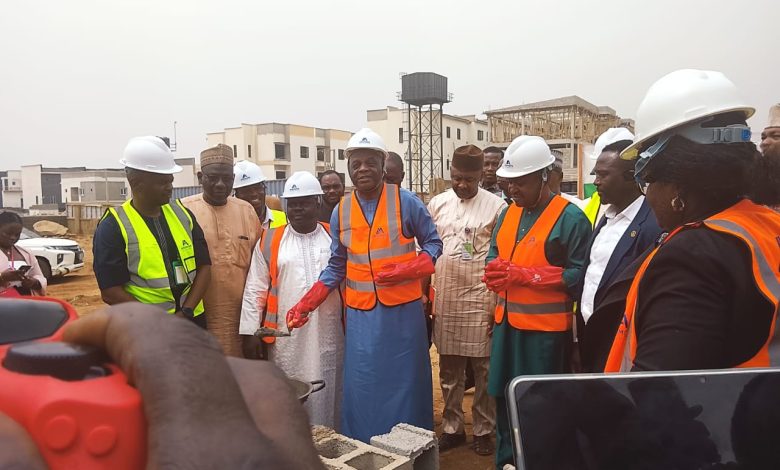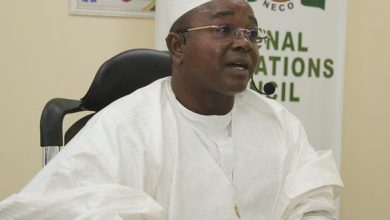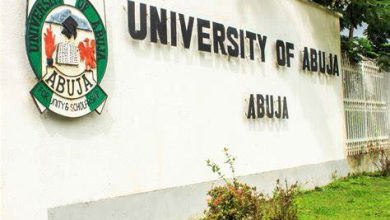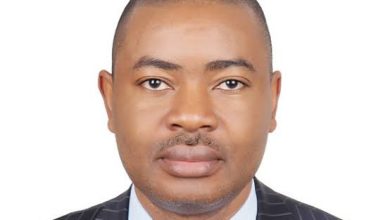TETFund flags off Abuja Leadership Centre at UniAbuja, to inaugurate 467 projects nationwide by October

The Tertiary Education Trust Fund (TETFund) has flagged off the construction of the Abuja Leadership Centre of Excellence in Public Governance at the University of Abuja.
The foundation-laying ceremony was performed on Tuesday at Jahi, Abuja, by the Executive Secretary of TETFund, Sonny Echono, alongside the vice-chancellor of the University of Abuja, Hakeem Fawehinmi.
Echono disclosed that TETFund will inaugurate about 467 projects across tertiary institutions nationwide between now and October.
He described leadership as one of the most critical drivers of national development, noting that countries progress based on the quality of leadership they produce.
According to him, effective leadership requires the coordinated use of intellectual, human and material resources to achieve national development goals.
“It is my prayer and hope that this centre will become a stopping point for every leader visiting our country. It is not by accident that it is located in the nation’s capital,” he said.
Echono said the Abuja Leadership Centre is expected to evolve into a world-class facility capable of producing leaders for all sectors of the economy, while also hosting major global speeches, conventions and declarations.
He charged the contractors to deliver a facility of international standard, assuring that TETFund would provide funds not only for construction but also for high-quality furniture and equipment.
The TETFund boss explained that the centre is envisioned as more than a conference hall, but a global-standard leadership facility where visiting heads of state and their delegations would feel at home.
He also commended the leadership of the University of Abuja for the stability and direction recorded under the current administration, pledging continued collaboration to realise the institution’s vision.
On the nationwide commissioning exercise, Echono said the agency would select at least 50 iconic projects across the states of the federation, with a minimum of two to three projects in each state, since it would be impracticable to commission all projects directly.
He said the projects would highlight the impact of the federal government’s Renewed Hope Agenda on the transformation of Nigeria’s tertiary education sector and invited members of the media to participate in the nationwide exercises.
“Between now and October, we have about 467 projects to commission across Nigerian tertiary institutions,” he said.
Earlier, the Vice-Chancellor of the University of Abuja, Professor Fawehinmi, described the groundbreaking ceremony as a major milestone in the institution’s partnership with TETFund.
He said the Abuja Leadership Centre would serve as a national hub for training future leaders in public governance and leadership, with a focus on policy formulation and national development.
Fawehinmi commended Echono’s leadership of TETFund, noting that the agency has significantly transformed tertiary education through infrastructure development, staff training, libraries and other key facilities.
He expressed confidence that TETFund would ensure the timely completion and proper furnishing of the centre, adding that the university would put the facility to effective use.
The vice-chancellor described the project as a historic intervention that would be remembered for years to come.





